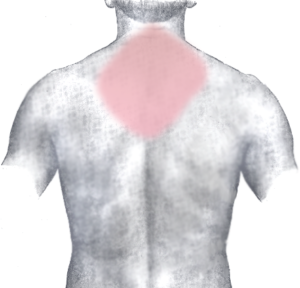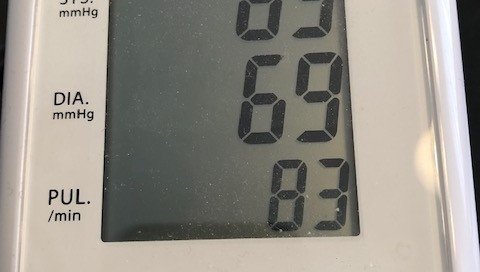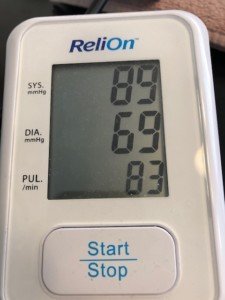How to Tell Your Neck Pain Might Be a Heart Problem Emergency
Heart problems can cause neck pain.
But so many benign conditions can cause neck pain as well, such as TMJ disorder and a pinched nerve. (more…)
Why Do Models, Plus Size or Thin, All Have the Same FACE?
Why doesn’t body inclusivity in the modeling world extend to faces?
White, black or Asian, runway models including plus-size have the same face. (more…)
Why Planks Won’t Burn Belly Fat or Flatten Your Stomach
Pay no attention to fitness headlines claiming that planks can burn belly fat – because they can’t. Never.
Planks will not flatten your stomach, either. (more…)
Can Fibromyalgia Affect Only One Side of the Body?
Fibromyalgia can affect isolated body parts such as the shoulders and neck, but what about literally being on one side of the body, such as affecting only the left leg, left hip area, left shoulder and left arm? (more…)
Breast Pain from Breast Cancer vs. Fibromyalgia
Fibromyalgia can cause breast pain, and so can breast cancer. Is there a difference in the way a woman would feel these different sources of pain?
Though pain in a breast from cancer isn’t a hallmark or common feature of this disease, it does happen. (more…)
3 Causes of Upper Back Pain You’d Never Suspect; All Serious

There are 3 serious conditions – OTHER than muscle or nerve problems, injury, poor posture, arthritis, infection and cancer that can cause upper back pain.
Can Running Affect the Density of a Woman’s Breasts?
Are you wondering if running can lessen the density of your breasts and thus lower your breast cancer risk?
Or maybe they’re mostly fat tissue and you’re afraid that running will bring density to them – and thus raise your disease risk. (more…)
89 over 69 Blood Pressure: Can this Be Normal?
Is the top number of your blood pressure reading sometimes 89 and the bottom number 69?
Does a blood pressure of 89 over 69 necessarily indicate a medical problem? (more…)
Harmless Bruise vs. Dangerous Blood Clot: the Difference?

On one hand, a benign pink mark from trauma can resemble the pink or “red” of a blood clot.
A harmless bruise can also be large and quite ugly, while a blood clot that looks like a mere dark pink area can lead to a fatal condition. (more…)
Can High Blood Pressure Ever Be Harmless?
Why can some people have uncontrolled high blood pressure for so long without any problems?
Can it ever NOT harm the body (e.g., the person is fit and healthy otherwise in that they don’t smoke, aren’t overweight, do exercise)?











































































